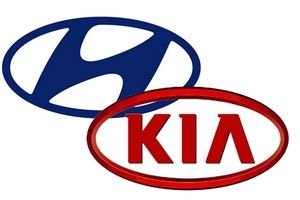Hyundai, Kia Will Pay Paice to End Case Over Hybrid Engines

Financial terms weren’t disclosed. A federal jury on Oct. 1 said Hyundai and Kia should pay $28.9 million to Paice. The jury also found the infringement was intentional, so the judge could have tripled the jury award.
“This agreement further validates the importance of our technology, and we hope to reach additional agreements with other major automakers,” said Frances Keenan, chairwoman of the Paice’s board of directors.
Toyota Motor Co. licensed the technology beginning in 2010 after a long legal fight that included attempts to bar U.S. imports of the Prius. Ford Motor Co. licensed one of Paice’s patents under a deal struck in 2010. The two companies agreed not to sue over other patents until Jan. 1, 2014, to provide time to reach a broader settlement. The negotiations with Ford, according to a Paice’s lawsuit filed the following month, were “short and one-sided.”
The suit against Hyundai and Kia was first filed in 2012 by Paice and Baltimore’s Abell Foundation, a nonprofit that’s invested in Paice. The initial complaint targeted Hyundai’s Sonata Hybrid and the Kia Optima Hybrid, which use the same powertrain technology.
Ford, Toyota, and the combined Hyundai and Kia account for about 90 percent of all hybrid sales in the U.S., Paice said.
Hyundai and Kia plan to release 22 eco-friendly models by 2020 to improve fuel efficiency by 25 percent.
The patents cover ways to control electric motors and internal combustion engines so they have increased fuel efficiency and lower emissions without sacrificing performance.
The technology was developed in the 1990s by Paice founder Alex Severinsky, a Russian engineer who specialized in anti-tank warfare instrumentation in his native country before he fled to the U.S. in 1978.
Nouvelles connexes


